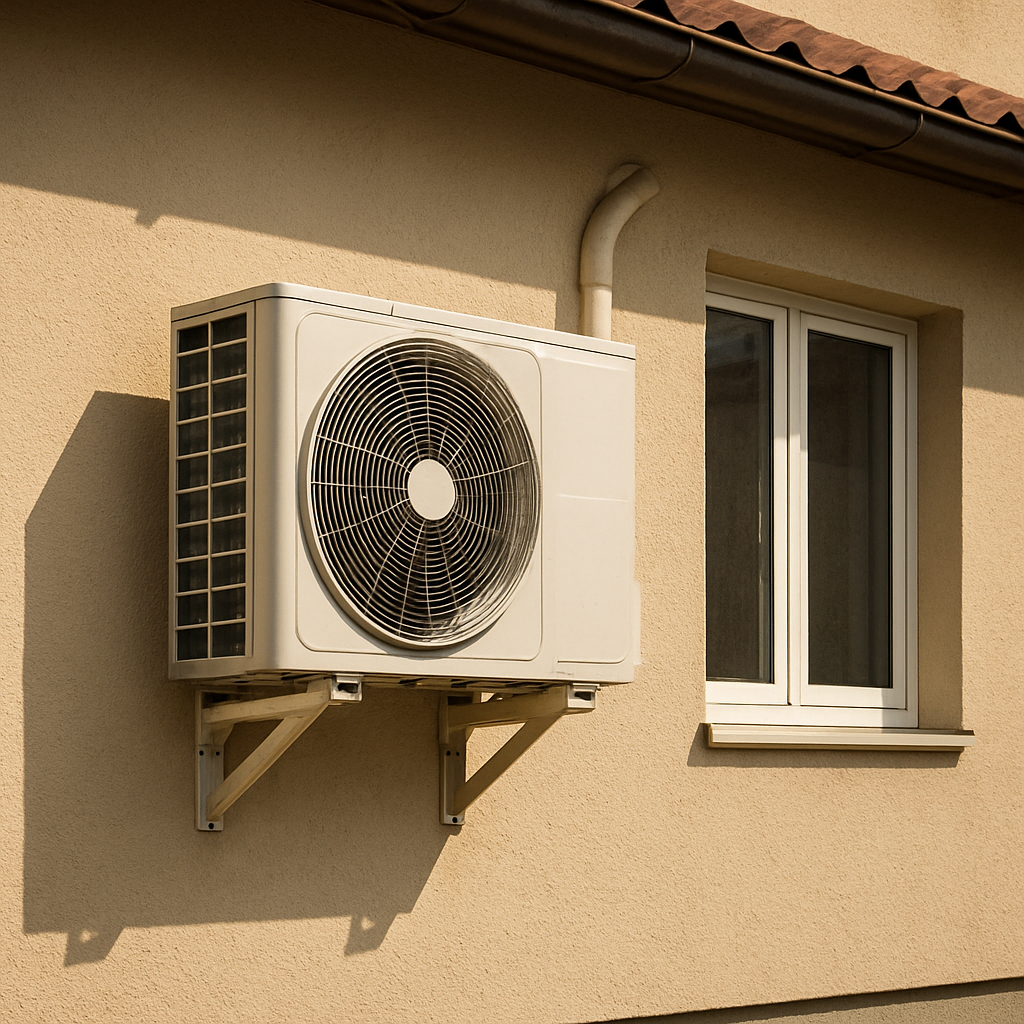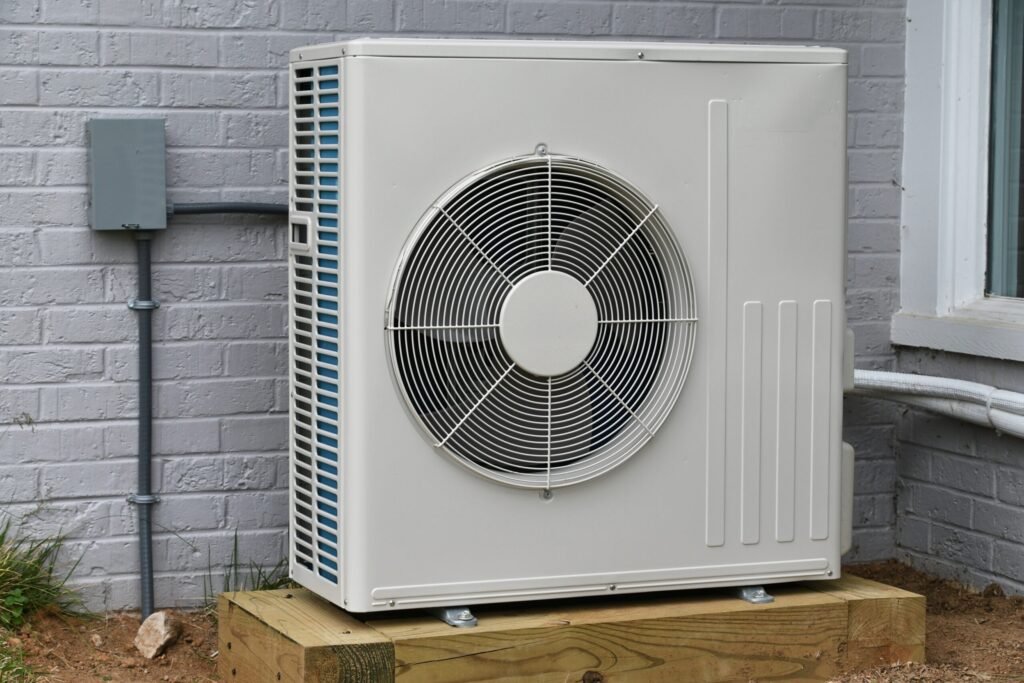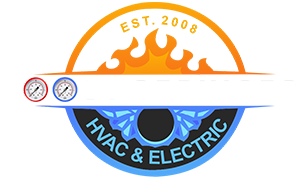As temperatures rise in Pasadena, dealing with AC blowing hot air can quickly turn from a minor annoyance into a major discomfort. When your air conditioning is supposed to keep you cool, the last thing you want is to be met with a blast of warm air instead. AC blowing hot air not only disrupts your comfort but can also interfere with your daily activities, especially during the peak of summer. Understanding the reasons behind your AC blowing hot air and knowing how to resolve this issue is essential for maintaining comfort, saving money, and avoiding unnecessary stress. Let’s explore the most common causes and effective solutions for AC blowing hot air in your home.
Having a well-functioning AC is more than a luxury in Pasadena; it’s a necessity. With the scorching sun bearing down, maintaining a cool indoor environment is crucial for both physical comfort and mental well-being. When an AC system fails, it can lead to increased energy bills as the unit struggles to perform, and it can also cause undue stress. Therefore, knowing the root causes of common AC problems and their solutions not only helps in troubleshooting but also in preventing future issues.

Table of Contents
Why Is My AC Blowing Hot Air?
Common Causes for Home AC Units Blowing Hot Air. Understanding AC Blowing Hot Air.
One of the most frequent questions we get from homeowners in Pasadena is, “Why is my air conditioner blowing warm air?” Here are some common reasons:
- Thermostat Issues: Sometimes, the solution is as simple as checking your thermostat settings. Ensure it’s set to ‘cool’ and that the temperature is set lower than the current room temperature. Thermostat malfunctions can occur due to low battery power or incorrect programming, leading to incorrect temperature readings. Regularly updating your thermostat settings and replacing batteries can prevent these issues.
- Refrigerant Leak: Refrigerant is the lifeblood of your air conditioning system. If there’s a leak, the system can’t cool the air effectively. This is not just a comfort issue but can also damage your compressor, leading to costly repairs. Leaks are often due to wear and tear on the AC components or improper installation. A proactive approach with regular maintenance checks can help identify and fix leaks early.
- Dirty Air Filters: An often overlooked component, air filters can become clogged with dust and debris, restricting airflow. This can cause your AC to work harder, resulting in warm air output. Dirty filters not only compromise cooling efficiency but also affect indoor air quality. Regularly cleaning or replacing filters can improve both the performance of the AC and the health of your home environment.
- Blocked Condenser Unit: The condenser unit, typically located outside, can become blocked by leaves, dirt, or other debris, preventing it from expelling heat efficiently. Over time, accumulated debris can lead to overheating and damage to the unit. Regularly inspecting and clearing the area around the condenser can enhance its efficiency and lifespan.

How to Fix AC Blowing Hot Air
Home AC Solutions
- Check and Adjust Thermostat Settings: Before calling for help, double-check your thermostat settings. Make sure it’s set to ‘cool’ and the fan is on ‘auto.’ Also, consider upgrading to a programmable thermostat to enhance energy efficiency and convenience. These systems allow for more precise control over your home’s climate, potentially preventing future issues.
- Replace or Clean Air Filters: Regular maintenance of air filters can prevent many common AC issues. Ideally, filters should be replaced every 1-3 months depending on usage and local air quality. Clean filters improve airflow, reduce strain on the system, and enhance indoor air quality, making them a simple yet effective maintenance task.
- Inspect the Outdoor Unit: Ensure that the area around your condenser unit is clear of debris. A quick visual inspection can save you from a service call. Seasonal checks are recommended, especially before summer, to ensure optimal performance. Regular cleaning can also help in identifying potential issues like rust or wear.
- Professional Refrigerant Check: If you suspect a refrigerant issue, it’s best to call a professional. Handling refrigerant requires specific training and equipment. Regular servicing by a certified technician can help maintain the correct refrigerant levels and ensure the system is sealed properly, preventing leaks.
When to Call a Professional
While there are many steps you can take to troubleshoot an AC blowing hot air, some situations necessitate professional intervention. If you’ve addressed the basic issues and the problem persists, or if you’re dealing with refrigerant, it’s wise to call in the experts. Professional technicians can provide a comprehensive assessment and ensure that all components of the system are functioning optimally.
Selecting the Right Service Provider in Pasadena
When choosing a service provider, consider these factors to ensure reliability and quality:
- Reputation and Reviews: Look for companies with positive reviews and a strong reputation in the community. Word-of-mouth recommendations can also be invaluable. A company with a track record of satisfied customers is likely to provide reliable service.
- Certification and Experience: Ensure the technicians are certified and experienced, particularly with the type of system you have. Experienced technicians can diagnose and fix issues more efficiently, saving you time and money in the long run.
- Transparent Pricing: Choose a company that offers clear, upfront pricing and doesn’t surprise you with hidden fees. Transparency in pricing reflects a commitment to fair practices and customer trust.

At Boost Services, we pride ourselves on providing prompt, professional, and trustworthy AC repair solutions for Pasadena residents. No matter the issue, our experienced team is ready to help you restore comfort to your home. If you’re experiencing any AC problems—including your system blowing hot air—don’t hesitate to reach out to Boost Services for expert assistance and fast service.
Conclusion
Dealing with an AC unit blowing hot air is never pleasant, especially in the heat of Pasadena. By understanding the common causes and taking proactive steps, you can keep your cool and ensure your systems run efficiently. Remember, when in doubt, trust the professionals to handle complex AC issues and ensure your air conditioning problems are resolved properly. For entrepreneurs, providing reliable and high-quality service not only solves immediate problems but builds long-lasting community relationships. Stay cool, Pasadena!
Common Questions — AC Blowing Hot Air
Why is my AC blowing hot air instead of cooling?
Typical causes include incorrect thermostat settings, a clogged air filter, tripped outdoor breaker, dirty or frozen coils, low refrigerant from a leak, or failed outdoor components such as a capacitor, contactor, or fan motor.
What should I check first before calling a technician?
Start with these quick checks:
- Thermostat set to Cool and Fan Auto
- Setpoint at least 3–5°F below room temperature
- Clean, correctly installed air filter
- Outdoor breaker and disconnect are ON
- Supply and return vents open and unobstructed
Can thermostat issues cause warm air?
Yes. Wrong mode, fan set to On, dead batteries, incorrect schedules, or sensor faults can push warm or room-temperature air. Verify Cool mode, Fan Auto, fresh batteries, and proper scheduling.
How does a dirty air filter lead to hot air from vents?
A clogged filter restricts airflow, reducing heat transfer and sometimes icing the evaporator coil. Replace filters every 30–60 days during heavy use, or sooner if visibly dirty.
Could low refrigerant be the reason my AC blows warm?
Yes. Low charge from a leak reduces cooling capacity and may cause icing. Only licensed HVAC technicians should find and repair leaks and recharge to the correct level.
What outdoor unit problems can cause hot air inside?
Look for a silent or obstructed condenser, tripped breaker, failed capacitor or contactor, debris on the coil, seized fan motor, or damaged wiring. If the outdoor fan or compressor is not running, call a professional.
Do dirty coils really make the AC blow hot?
Yes. Dirt on evaporator or condenser coils blocks heat transfer. The system may run but deliver lukewarm or hot air under load. Regular cleaning restores performance.
Why does the AC blow warm after a power outage?
Outages can trip breakers or lock out controls. Turn the system Off for five minutes, reset any tripped breaker, then restart in Cool. If the outdoor unit stays off, schedule service.
Can ductwork issues make air feel hot in some rooms?
Leaky, disconnected, or poorly insulated ducts can pull hot attic air into the system or lose cooled air before it reaches rooms, causing warm or uneven airflow.
Is it safe to keep running the AC when it is blowing hot air?
No. Running under fault conditions can damage the compressor or cause icing and water leaks. Turn the system Off and investigate or contact a technician.
When should I call a professional immediately?
Call right away if you see ice on lines or the indoor unit, smell burning or chemicals, hear loud banging or screeching, have repeated breaker trips, or the outdoor unit is silent while the indoor blower runs.
What simple steps might fix hot air quickly?
Try these in order:
- Set thermostat to Cool and Fan Auto, lower the setpoint
- Replace the air filter
- Power cycle the system Off for five minutes, then On
- Clear vegetation and debris 24 inches around the outdoor unit
- Verify the outdoor breaker and disconnect are On
Could a heat pump in Heat mode cause warm air by mistake?
Yes. Heat pumps can blow warm air if the thermostat mode is Heat or if the reversing valve or controls malfunction. Ensure Cool mode and have a pro test controls if the issue persists.
How can I prevent AC hot air problems in the future?
Change filters regularly, keep 24 inches of clearance around the outdoor unit, schedule annual tune-ups, clean coils, flush the condensate drain, seal accessible ducts, and avoid extreme thermostat setbacks during heat waves.

